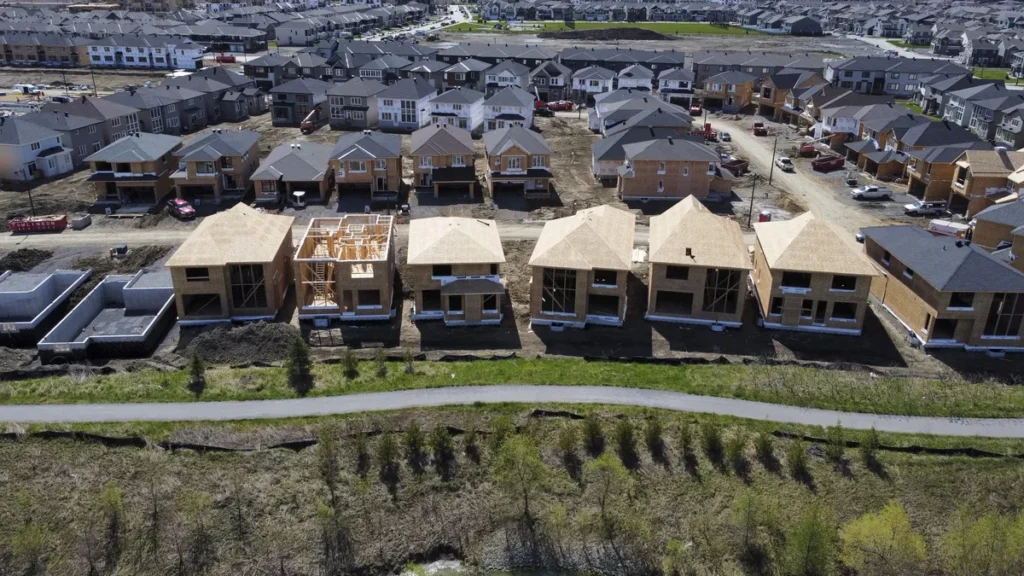Decoding the Dynamics of Development Charges
Decoding the Dynamics of Development Charges Development charges are fees levied by municipalities on developers, homebuilders, and institutions when they undertake construction or development projects on land. These charges help municipalities cover the costs of additional municipal services and infrastructure necessitated by population growth from the new development. The funds can be allocated towards both ‘hard services’ like roads, waste management, and water, as well as ‘soft services’ like parks, libraries, and recreation centers. Legislative Framework Ontario introduced the Development Charge Act in 1989, with significant updates in 1997. This Act guides municipalities on the establishment of development charge by-laws. To establish a new by-law, municipalities must first conduct a background study. This study, which must be updated every five years, outlines projected population growth and the associated service and infrastructure needs. The Act also clarifies the specific services that can be funded by these charges. Determining Population Growth and Charges Background studies delve deep into projected growth, both residential and non-residential. They also look at future capital costs and service levels. It’s crucial for developers to understand a municipality’s charge calculation process. Typically, information on development charge by-laws and background studies can be accessed on the municipal website. The Ontario Municipal Board (OMB) sometimes gets involved in disputes over these studies. Challenging the By-Law There have been instances where municipalities’ calculation methods for development charges have been found inconsistent with the Act. The OMB can hear appeals against a by-law, provided they are filed within 40 days of its passage. For instance, in past cases like the one involving Orangeville and another with Clarington/Markham, the OMB ruled that the respective municipalities’ methods of calculating growth were not in line with the Act. Addressing Incorrect Charges Mistakes can happen in the determination of development charges. If developers believe they’ve been wrongly charged, they can raise a complaint with the municipal council within 90 days of the charge’s due date. The council is then obligated to hold a hearing where the complainant can present their case. If the council’s decision is still unsatisfactory, the decision can be appealed to the OMB within 40 days. Related posts 04 October 2023 Decoding the Dynamics of Development Charges Decoding the Dynamics of Development Charges Development charges are fees levied by municipalities on… 30 September 2023 Facts about Closing and Occupancy Delays How to Prepare Your Canadian Home for Winter If you’re buying a home or condo during its pre-construction… 30 September 2023 5 tasks to be accomplished by the end of Pre-delivery Inspection 5 tasks to be accomplished by the end of PDI. When your new home is complete and ready for occupancy,… 26 September 2023 How to Prepare Your Canadian Home for Winter How to Prepare Your Canadian Home for Winter Canada’s winter, characterized by freezing temperatures,… 22 September 2023 Why does Canada restrict foreign homebuyers? Why does Canada restrict foreign homebuyers? Experts are skeptical that Canada’s restriction on… 22 September 2023 Canada’s restriction on foreigners purchasing property may affect Indian non-residents demand Canada’s restriction on foreigners purchasing property may affect Indian non-resident demand The… 18 September 2023 Canadians debate foreign students limit over housing problem Canadians debate foreign student limit over housing problem To combat the country’s soaring housing…
Decoding the Dynamics of Development Charges Read More »













